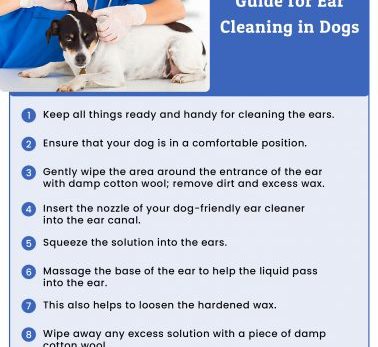
Maintaining good dental health is a very important part of your pet’s overall health. Basic dog teeth cleaning practices can help prevent a variety of dental problems such as tooth decay, gum disease, and bad breath. These problems can lead to pain and discomfort for the dog, and in severe cases, can result in tooth loss or infections that can spread to other parts of the body. So, how can you support your dog’s dental health?
Importance of good dental hygiene for dogs
Dog dental health is an important part of a dog’s overall wellbeing. Poor dental hygiene can lead to a range of oral and systemic diseases, including gum disease, tooth decay, and even tooth loss. This can cause pain and discomfort for the dog, as well as make it difficult to eat and digest food. Additionally, bacteria from poor dental health can enter the bloodstream, leading to more serious conditions like heart disease or kidney failure.
It is important for pet owners to ensure that their dogs have good oral hygiene habits in order to prevent these health problems from developing. Avoiding regular dental care for dogs and cats can lead to many of the same oral health problems as humans experience, including:
- Broken teeth and roots
- Periodontal disease
- Abscesses or infected teeth
- Cysts or tumors in the mouth
- Malocclusion, or misalignment of the teeth and bite
- Broken or fractured jaw
- Palate defects such as cleft palate
What is periodontal disease?
Periodontal disease, also known as gum disease, is a serious inflammatory condition in dogs that affects the gums, teeth, and other structures of the mouth. It is the most commonly diagnosed problem in small animal veterinary medicine, with most dogs having some form of the disease by the time they turn 3 years old.
Periodontal disease is caused by the buildup of plaque and tartar on the teeth. The bacteria in dental plaque irritate the gum tissue if plaque is allowed to accumulate, which often leads to infection in the bone surrounding the teeth. This can cause pain and discomfort for your pet, so it’s important to be aware of its signs and symptoms so you can take action as soon as possible.
Periodontal disease doesn’t just affect your pet’s mouth. Unchecked periodontal disease has numerous dire consequences both locally and systemically. Bacteria surrounding the roots gain access to the blood stream, leading to damage to a dog’s heart, kidneys, and liver.





